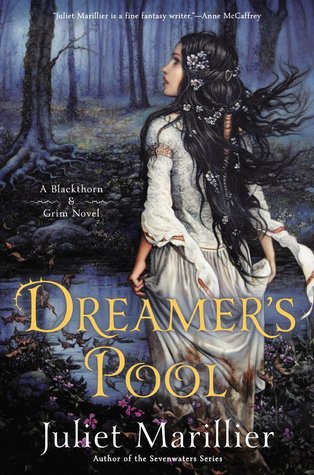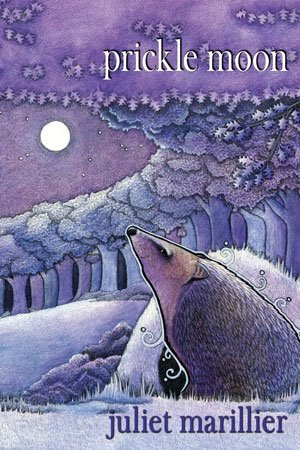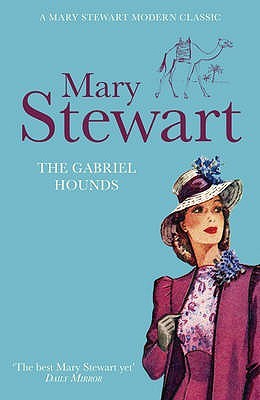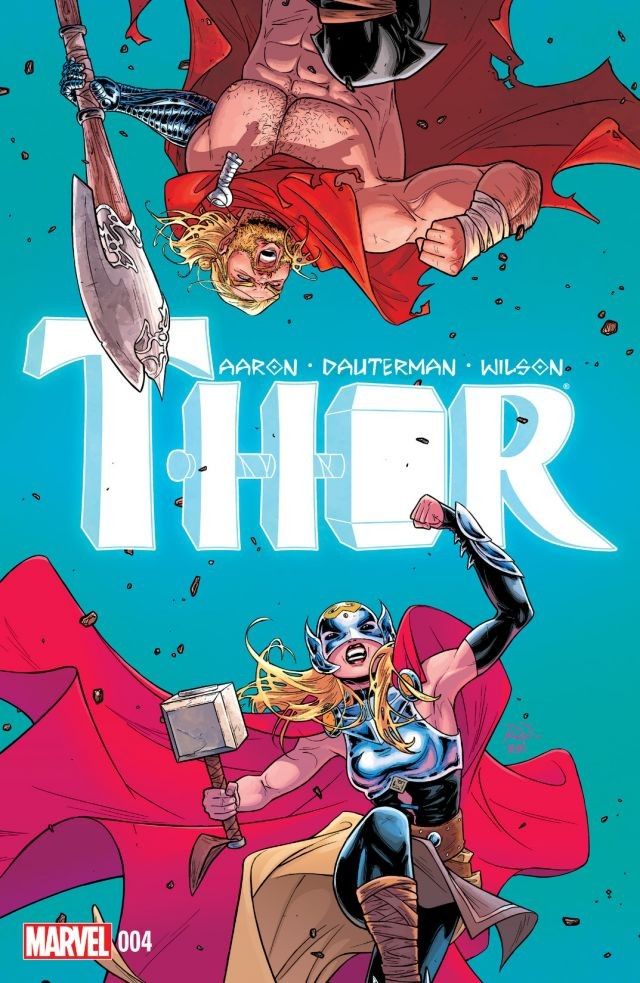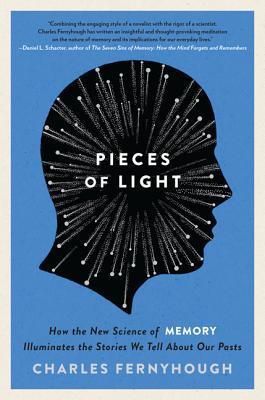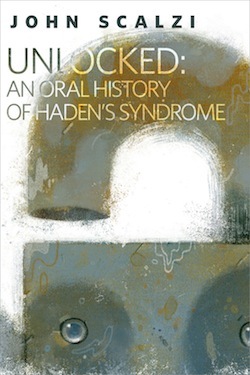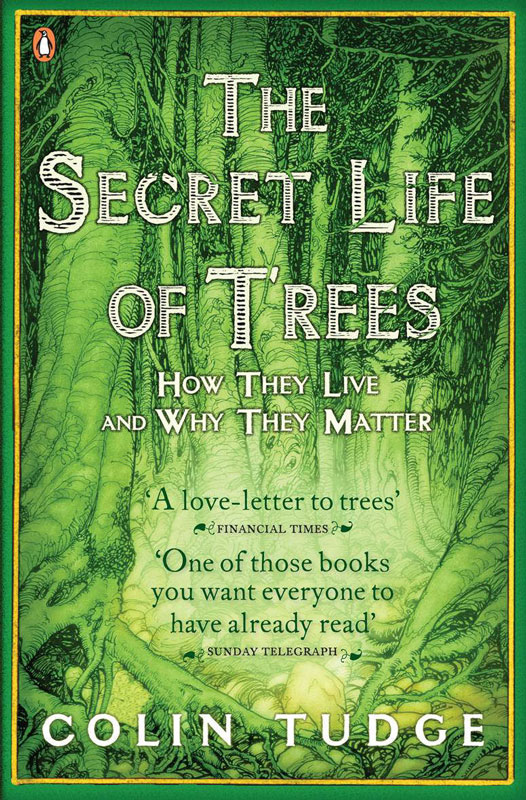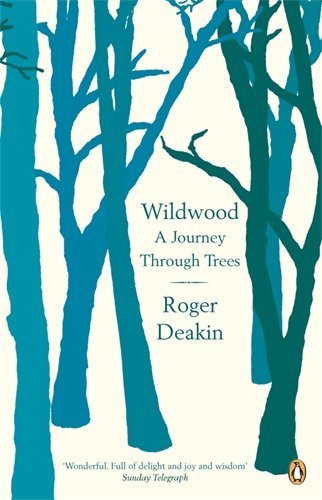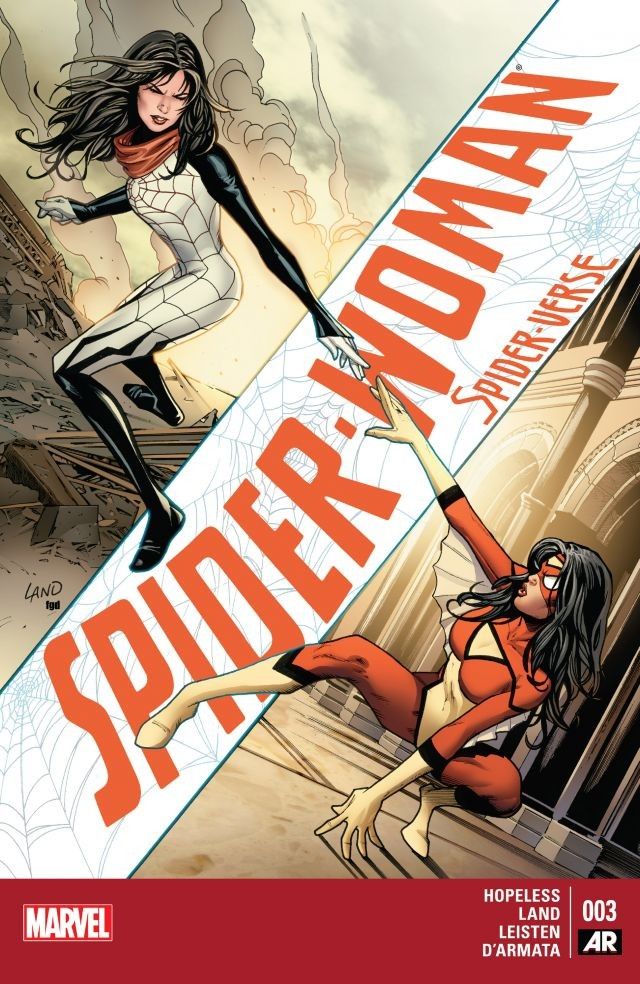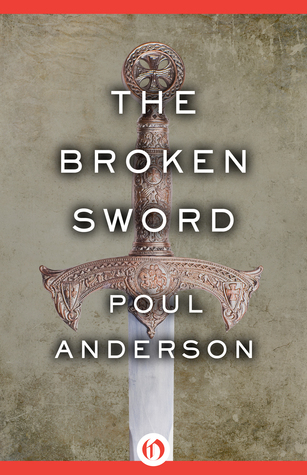 The Broken Sword, Poul Anderson
The Broken Sword, Poul Anderson
Review from 18th June, 2011
I was really excited about reading The Broken Sword, because when I first toyed with the idea of buying a book by Poul Anderson — this was actually the first I bought, it’s just took me longer to read — I realised how closely it was based on the style of the Norse sagas I’ve studied. It draws on the mythology, of course, and the path of curses and thwarted love and raiding echoes that of the sagas, but it also echoes their form: the narration, especially to begin with, is very much like a saga, and the verses all comply with the Old Norse metres. In many ways, The Broken Sword is a (relatively) modern example of one of the Skáldasögur — a saga about a skald, or poet, like Kormáks saga. The tale of lost love, and the verses of first love and desire and then lament fit that pattern, albeit not like a glove.
The verses really, really impressed me. They’re written in dróttkvætt metre, which is extremely difficult. A verse is made up of eight lines, divided into equal halves (‘helmingr’). There are six syllables per line, and two syllables in each even line must alliterate with one in the following odd numbered line. Even lines must have a full rhyme within the line with the penultimate syllable; odd lines must have half-rhyme within the line with the penultimate syllable. Each line must end with a trochee.
Add to that the poetic words that would only be used in verse, heiti and kennings, which Anderson imitates to some degree, and… Well, I’m very impressed. It might seem less compelling to someone who hasn’t read verses in Icelandic — translations tend to make it a bit more flowery.
The story itself is perhaps less fresh to me, but I still enjoyed it: basically, it melds British/Irish and Norse mythology, with both the Sidhe and Æsir present, along with the coming of Christianity. Skafloc is stolen by the elves and replaced by a doppelganger, Valgard; the two eventually, and inevitably, come into conflict. In the course of this, Skafloc and his sister Freda, not knowing their relationship, fall in love…
It’s fun — adventure and love and doom and a tragic end, quite fitting for a skald.
Rating: 4/5
